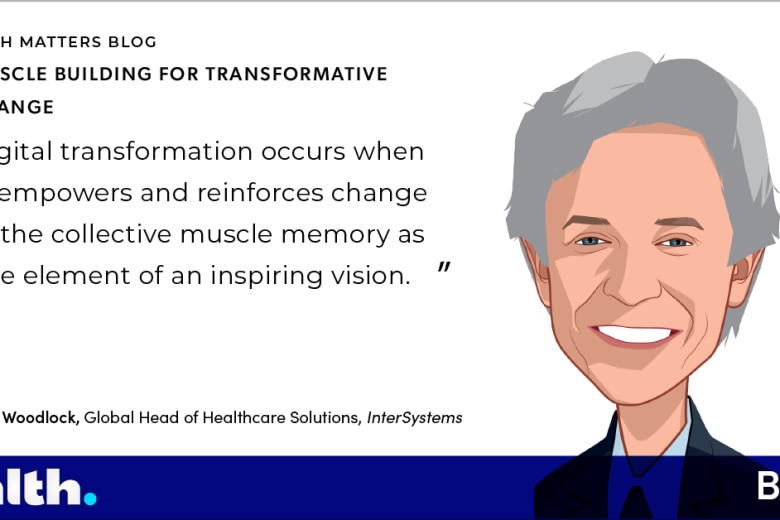End-of-life issues are difficult at best. When there are failures in the system that affect the care of a loved one, normal grief and suffering are compounded. My family and I experienced this firsthand a number of years ago.
My father was in a nursing home, struggling agonizingly against pulmonary edema, and drowning in his own fluids. He’d been transferred to this facility the day before, after four weeks in our local academic medical center following a massive stroke. During those weeks, he had progressively declined.
Our family had already weathered three crises, each time reaffirming the do-not-resuscitate (DNR) order my father had communicated to us when he was still able to do so. Now he was to receive comfort care awaiting the imminent and inevitable end.
When we headed out to the nursing station to request the administration of morphine, we were confident my father would soon experience relief, since we knew there was a standing order. Instead, we found the nurse in charge on the phone with the ambulance service, preparing to rush Daddy back to the hospital for treatment; while he had been transferred, his orders had not. In fact, we later learned the admitting physician had actively canceled the order.
For the next few hours we worked our way through the painful and incredibly frustrating process of convincing the nurse not to call the ambulance, trying to get a doctor – it was a Saturday, and there was a home game – re-establishing the DNR and morphine orders, and finally, finally, getting that morphine administered. It was a day I am unlikely ever to forget, and one I would never wish to relive.
Ironically, I was en route to a conference in Atlanta organized by the Centers for Disease Control (CDC) where I was to speak on the future of electronic health records. This was 20 years ago, long before the EHR incentive program. I certainly knew the limitations of the electronic systems of the day, but I had expected that my father’s most basic statement of his preferences, reaffirmed repeatedly by his trusted healthcare proxy, would be respected and observed. I was wrong.
Thankfully, times have changed. InterSystems just announced a relationship with an organization called “Coordinate My Care” (CMC). This division of The Royal Marsden NHS Foundation Trust in London works with patients to create end-of-life care plans so that ambulances and other urgent care providers know their wishes. Specifically, the plans include information about the patient’s preferred place to die and DNR orders. We’ll be working with them to communicate those plans among providers, and to build out that shared care planning function even further.
This particular application is near and dear to my heart. I don’t want anyone to go through what we experienced with my father that day. To our surprise, he rallied somewhat once he had finally received his morphine, and lived for several more days. After a lot of debate, I decided to continue on to Atlanta where I spent a good deal of time in front of a mirror practicing a story that was a little too fresh to tell easily, but that clearly belonged in my talk.
After all, if we cannot harness interoperability to respect the preferences and guard the dignity of those who are dying, we have surely failed in our health IT mission.



































